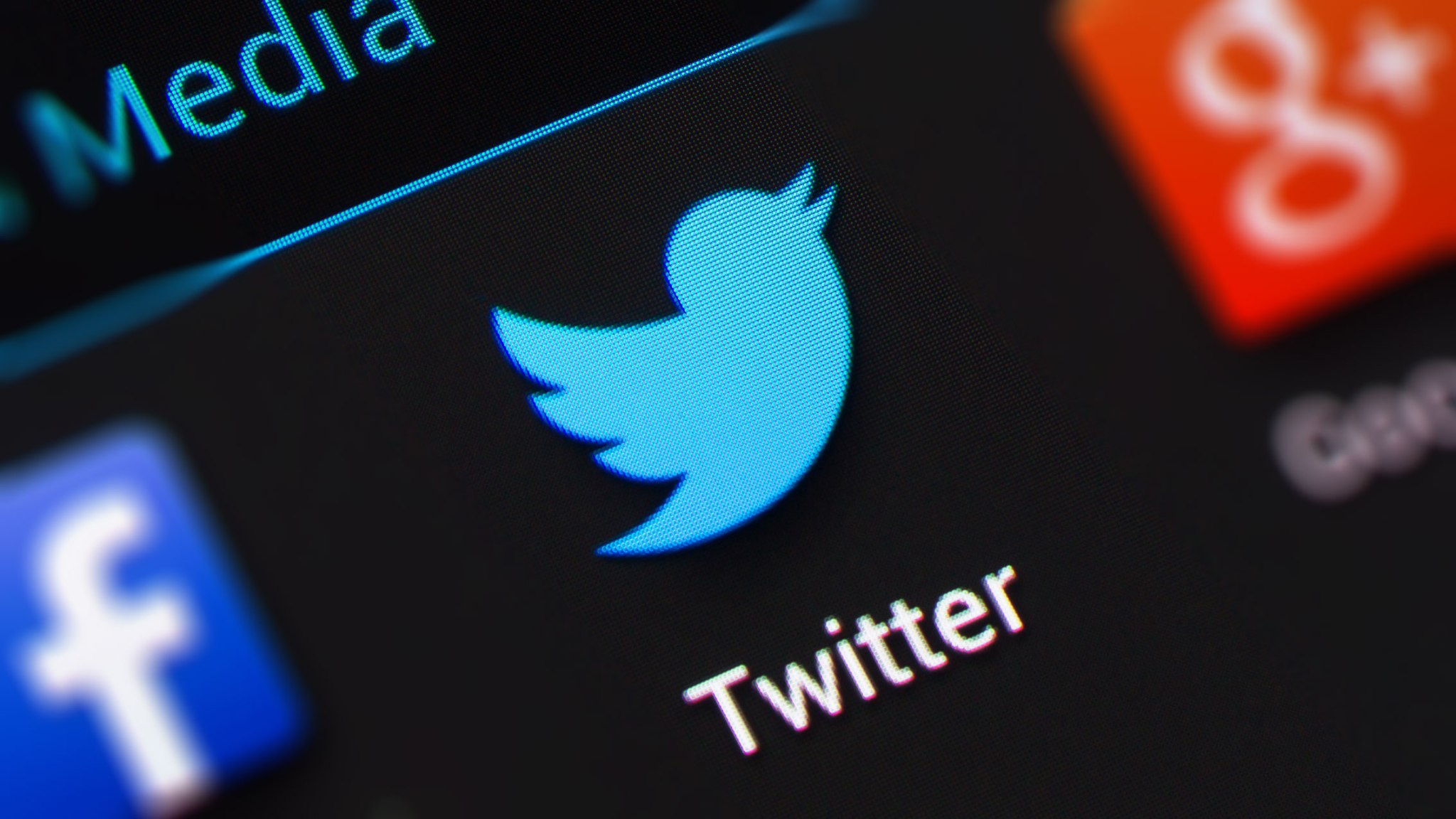
Twitter Partnering with Academic Researchers to Measure ‘Conversation Health’
Twitter is taking steps to research the “health” of conversations happening on the social media platform.

A growing number of users have been taking time off Twitter, using it less, or quitting it altogether recently as they say the service has become mentally toxic. In response to this trend, Twitter is making an effort to better understand the reasoning behind this reaction.
According to a new press release, Twitter has selected two proposals to study user interactions and discourse since putting out a call in March for help in measuring “conversation health” on its service.
The first proposal, “Examining echo chambers and uncivil discourse,” which Twitter selected from more than 230 submissions, will measure the extent of how much Twitter users interact and acknowledge a variety of viewpoints. Led by Dr. Rebekah Tromble, Assistant Professor of Political Science at Leiden University, the project will attempt to develop two sets of metrics: how communities form around political discussions on Twitter, and the challenges that may arise as those discussions develop.
“In the context of growing political polarization, the spread of misinformation, and increases in incivility and intolerance, it is clear that if we are going to effectively evaluate and address some of the most difficult challenges arising on social media, academic researchers and tech companies will need to work together much more closely. This initiative presents an important and promising opportunity for Twitter and our team of researchers to share expertise and work on solutions together,” Tromble said.
The second proposal, “Bridging gaps between communities on Twitter,” will study how user behavior on Twitter can (or not) decrease prejudice and discrimination when interacting with users of diverse viewpoints. Led by Professor Miles Hewstone and John Gallacher at The University of Oxford, the study will attempt to prove that communicating with individuals from different backgrounds is a proven method for reducing prejudice, and his team is interested in determining whether the positivity of an interaction online is transferred when a user logs off.
“We’re very excited about the opportunity to work with Twitter on investigating the important social challenges of a digitally connected world,” said Hewstone. “Evidence from social psychology has shown how communication between people from different backgrounds is one of the best ways to decrease prejudice and discrimination. We’re aiming to investigate how this understanding can be used to measure the health of conversations on Twitter, and whether the effects of positive online interaction carry across to the offline world.”
“Ensuring we have thoughtful, comprehensive metrics to measure the health of public conversation on Twitter is crucial to guiding our work and making progress,” wrote Twitter’s David Gasca, head of product health, and Vijaya Gadde, head of legal, policy and trust and safety, who coauthored the blog post announcement.
“We know this is a very ambitious task, and look forward to working with these two teams, challenging ourselves to better support a thriving, healthy public conversation,” they added.

